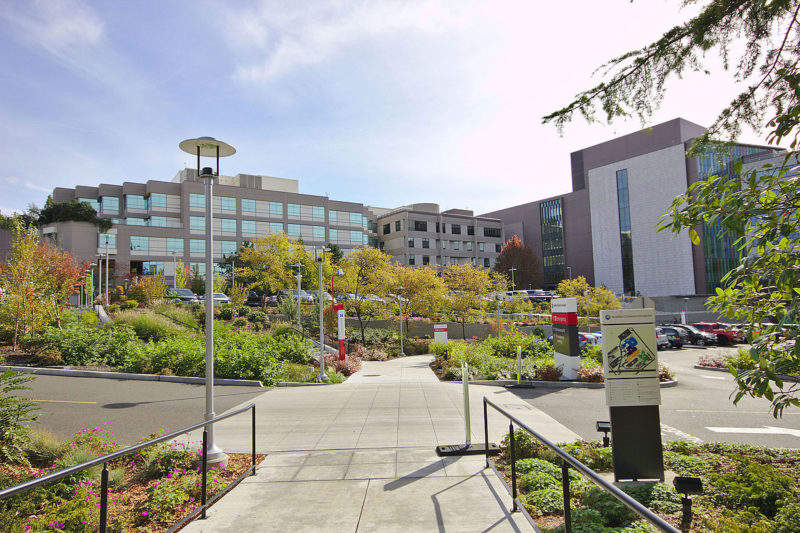On 7 August , Seattle Children’s Hospital (SCH) announced the initiation of the Phase I STRIvE-01 study of two chimeric antigen receptor (CAR)-T cell therapies in young people aged 1–26 with relapsed or refractory (R/R) non-central nervous system epidermal growth factor receptor (EGFR)-positive solid tumours.
The trial will investigate one CAR-T cell product that targets both EGFR and CD19, and a second CAR-T cell product that only targets EGFR. Of the 25 ongoing clinical trials evaluating EGFR-targeted CAR-T cells in solid tumours, this is the only study in which the CAR-T product is also engineered for a B-cell specific target, namely CD19. Targeting CD19-positive B-cells is hypothesised to enhance T-cell expansion by promoting an immune response, and therefore aims to increase the efficacy of the CAR-T cell therapy.
The success of CAR-T cells so far has been limited to haematological malignancies, with unprecedented efficacy being demonstrated. However, CAR-T cell expansion rates in solid tumours have remained low and appear to be a limiting factor for the therapy’s efficacy. The SCH’s approach of using a B-cell target to enhance immune response could overcome this major hurdle in the development of CAR-T cell therapies in solid tumours. Although a high cure rate can be achieved in most solid tumours, except for brain tumours, with other treatments such as surgery, long-term survival is lower for R/R patients. CAR-T cell therapy could provide a welcome addition to the therapy armamentarium for these patients with significant unmet needs.
If data from the SCH’s new study are positive, collaboration with industry will likely be required to support further clinical development and commercialisation of anti-EGFR/CD19 CAR-T cell therapy. The SCH’s Phase I/II trial will include patients with multiple EGFR-positive tumour types, which could lead to a significant commercial opportunity for a broad label, if pan-tumour efficacy is demonstrated.
To date, Merck’s Keytruda (pembrolizumab) is the only therapy to have received a tumour-agnostic approval from the FDA for any solid tumour that is either microsatellite instability-high or mismatch repair deficient, but the industry is increasingly moving towards tissue-agnostic development. Many unmet needs remain for young patients with solid tumours, and academic institutions globally are turning to immuno-oncology (I-O) research to improve outcomes. The SCH has adopted a scientifically rational approach that could overcome the difficulties of ensuring CAR-T cell expansion and enhancing efficacy in solid tumours, thereby addressing a substantial untapped opportunity.

US Tariffs are shifting - will you react or anticipate?
Don’t let policy changes catch you off guard. Stay proactive with real-time data and expert analysis.
By GlobalData



